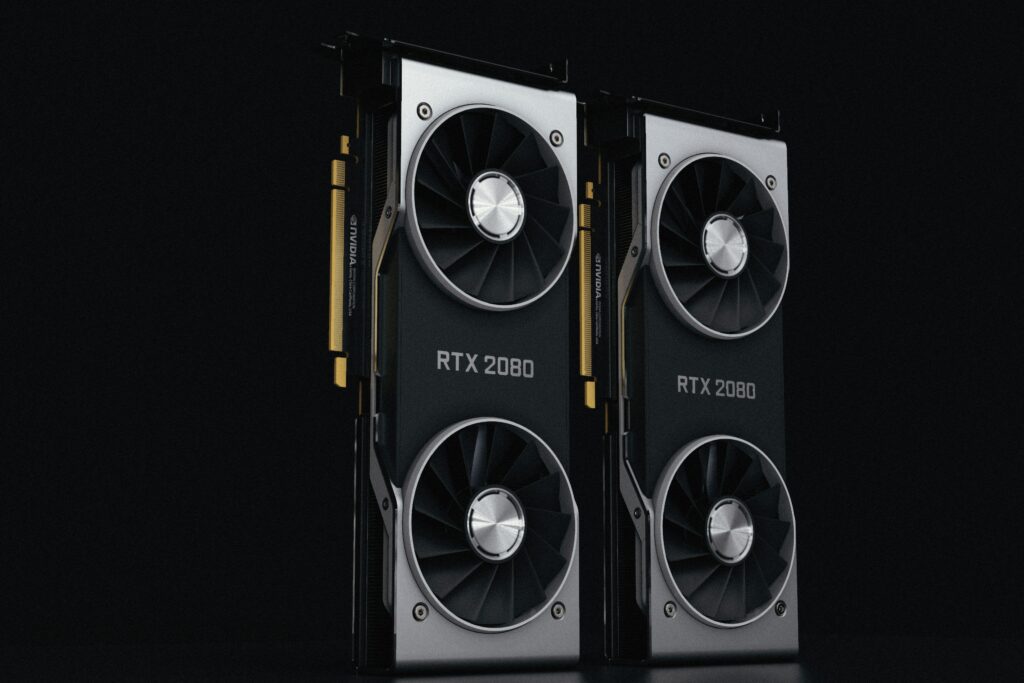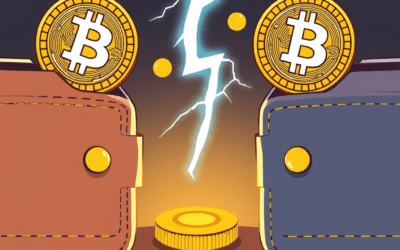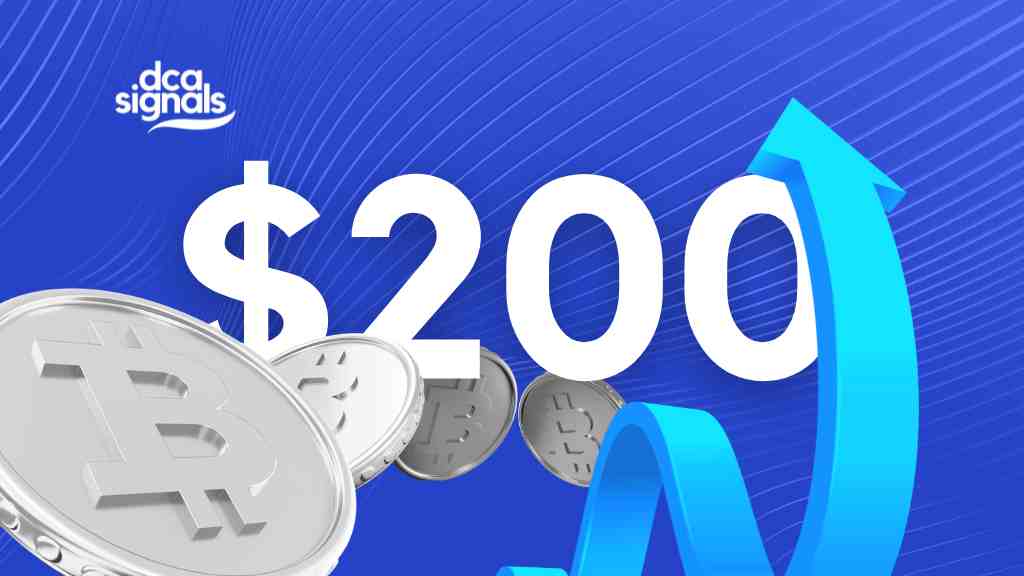The efficiency and environmental impact of Bitcoin mining has led to misleading labels, with critics branding Bitcoin as the ‘environmental bully.’ This perspective, rooted in several misconceptions, often highlights Bitcoin’s energy consumption and presumed carbon footprint. However, it is essential to delve into the reality of Bitcoin’s environmental activity and explore how it might contribute positively to sustainable energy solutions.
Key-Points
- Bitcoin mining, the process of validating transactions and securing the Bitcoin network, is undeniably energy-intensive.
- While Bitcoin mining demands significant energy, the presumption that it is inherently harmful due to this consumption overlooks critical factors. Notably, a substantial portion of Bitcoin mining occurs in regions with excess energy.
- In reality, Bitcoin mining is forging a path towards sustainability, incentivized by a combination of economic and environmental factors.
Table of Contents
Bitcoin Mining: Energy-Intensive, Yet Crucial
Bitcoin mining, the process of validating transactions and securing the Bitcoin network, is undeniably energy-intensive. However, equating energy consumption to carbon emissions oversimplifies the issue. This energy requirement is a fundamental aspect that ensures the network’s security and integrity, representing the toughest path to secure a hard-money system.
Energy Consumption vs. Carbon Emissions
While mining demands significant energy, the presumption that it is inherently harmful due to this consumption overlooks critical factors. Notably, a substantial portion of Bitcoin mining occurs in regions with excess energy. Miners often operate in areas where energy would otherwise be wasted due to overproduction, especially in regions with hydroelectric power.
Sustainable Solutions in Bitcoin Mining
In the competition for energy resources, traditional grids often outbid Bitcoin miners. Economic realities push miners to seek out cheap, efficient, and renewable energy sources. This has led the mining industry towards sustainable solutions like solar and wind power, aligning with both environmental concerns and economic incentives.
Bitcoin’s Global Energy Impact
Contrary to the perception of Bitcoin being an environmental bully, its energy consumption represents a fraction of the global total, approximately 0.5%. In comparison, industries like air conditioning and traditional banking systems have a considerably larger environmental footprint, providing context for assessing Bitcoin’s true impact.
Reducing Emissions: Unspoken Benefits
Mining has unspoken benefits, including its potential role in reducing emissions. Mining operations have been utilized to capture flare gas from oil extraction sites, transforming a polluting byproduct into a productive and less harmful energy source.

Renewable Energy Adoption in Bitcoin Mining
Recent studies estimate that around 75% of Bitcoin miners use renewable sources to some extent, showcasing a substantial adoption rate of green energy in the industry. This often overlooked aspect challenges the narrative that Bitcoin is solely reliant on non-renewable energy.
Bitcoin vs. Ethereum: A Critical Comparison
Comparisons drawn between Bitcoin and Ethereum, especially in the context of energy efficiency, often miss critical differences. Ethereum’s shift to a Proof of Stake (PoS) model, while less energy-intensive, does not provide the same level of security and decentralization as Bitcoin’s Proof of Work (PoW) system.
Mining Driving Renewable Energy Innovations
As the industry evolves, Bitcoin mining becomes a driver for renewable energy innovations. Firms like KPMG have highlighted Bitcoin’s potential in stabilizing power grids, driving investment in renewable energy sources, monetizing stranded energy, and capturing harmful emissions like methane.
Conclusion
The narrative labeling Bitcoin as an energy inefficient and environmentally harmful entity is more rooted in misconception than fact. In reality, Bitcoin mining is forging a path towards sustainability, incentivized by a combination of economic and environmental factors. Understanding the nuances of Bitcoin’s environmental impact is crucial for a more accurate assessment of its role in the broader energy landscape.









